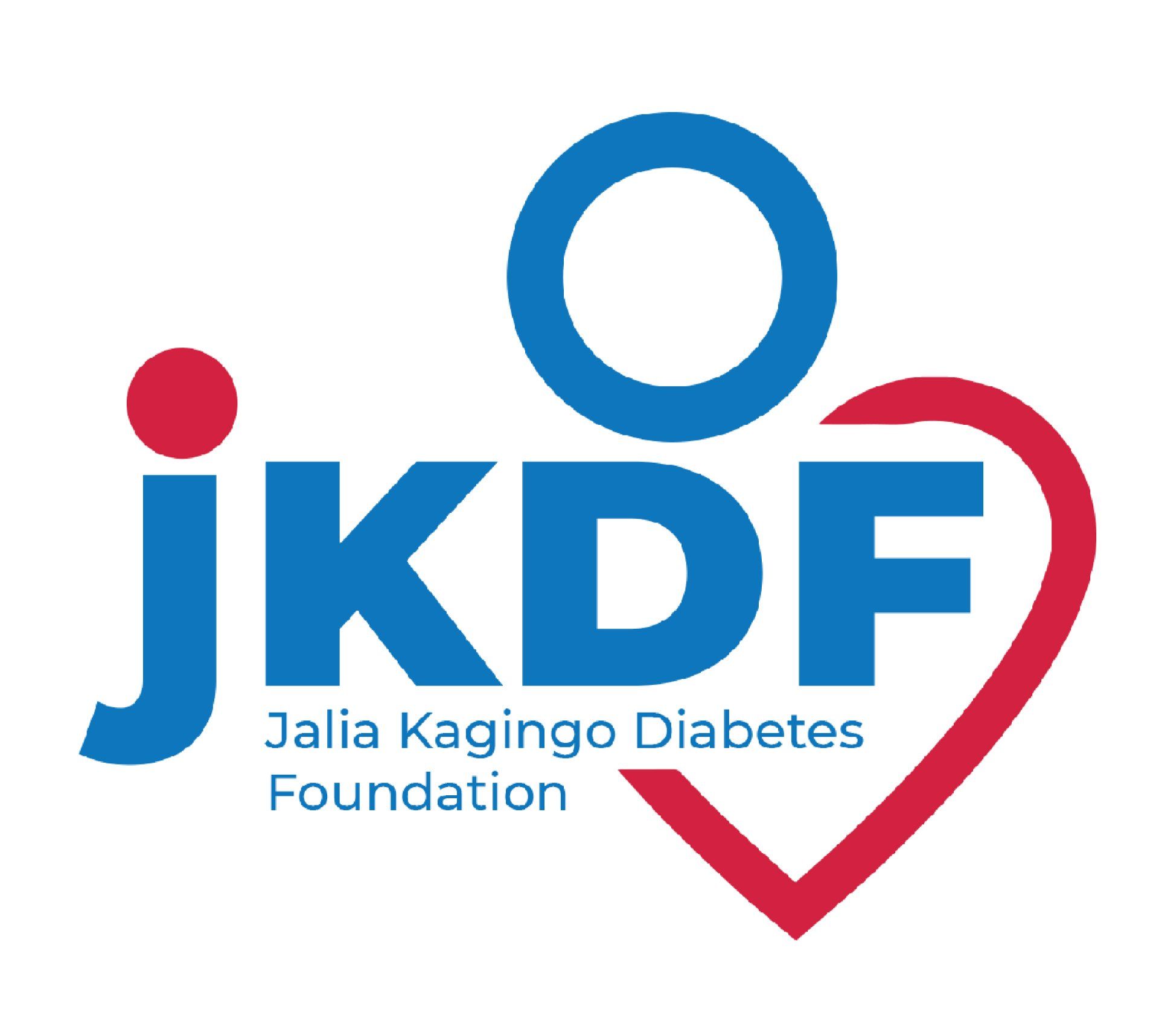Why Diabetes?
Millions of people worldwide living in remote areas have no access to basic healthcare
- Managing diabetes is a challenge in many parts of the world, more so in low-income countries where shortages of medical supplies, lack of access to health and medical insurance is common. The poorest of the poor lack access to diabetes medicines and education.
- Marginalized, vulnerable and underserved populations in low income countries continue to be impacted disproportionately by diabetes and its complications. Yet responses remain under-resourced, both from domestic resources and development assistance.
- The distance to health centers makes them particularly vulnerable. Due to a lack of knowledge, people are unable to make well-informed decisions about their own health and that of their children. The access model enables us to unlock communities with access to basic diabetes healthcare.
The Challenge
The prevalence of diabetes and associated chronic diseases in emerging countries, and particularly in Africa, is high, but the exact figures are largely unknown.
Estimates range from 5-20% across various groups and observational information point towards an upward trend, accelerated by urbanization and the rise in living standards. Public infrastructure and healthcare expenditures are lagging behind, and the institutional focus on non-communicable diseases is only recent.
The structure of healthcare, as well as local and cultural specificities are not always considered in discourses related to diabetes, even though they affect diagnosis and care.
Without leveraging energies more widely, across geographies and industries, the impact of diabetes will continue to wreck havoc on the economies of the continent.
The Solution-What we are aiming to accomplish?
JKDF aims to help children and adults across Uganda to prevent and care for their diabetes. Providing medication assistance entirely for free, our programs are often a lifeline to those we serve. Our model is dedicated to filling the unmet needs of residents who don’t have a doctor and are uninsured.
Without the opportunity to attend doctor's appointments, obtain education about diabetes care and attain peer support, for example, it is difficult to manage blood sugar and achieve positive health outcomes.
Diabetes is hard and at JK Diabetes Foundation we are dedicated to ensuring that those in need can access the important care necessary to prevent, delay or reduce the risk of complications due to diabetes.
